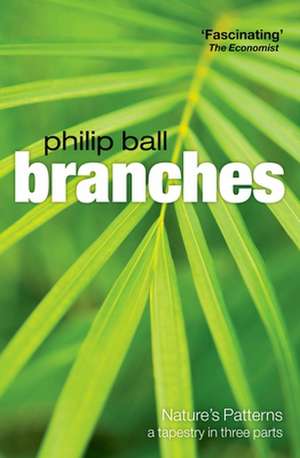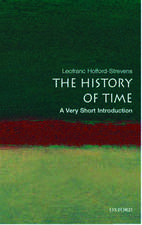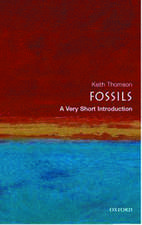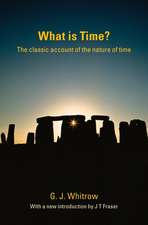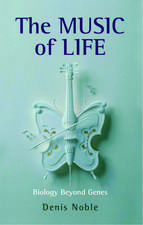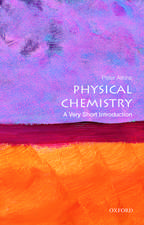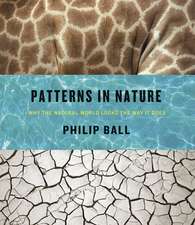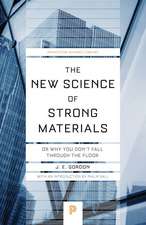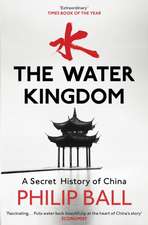Branches: Nature's patterns: a tapestry in three parts
Autor Philip Ballen Limba Engleză Paperback – 26 mai 2011
Preț: 103.10 lei
Preț vechi: 118.92 lei
-13% Nou
Puncte Express: 155
Preț estimativ în valută:
19.73€ • 20.60$ • 16.33£
19.73€ • 20.60$ • 16.33£
Carte tipărită la comandă
Livrare economică 25-31 martie
Preluare comenzi: 021 569.72.76
Specificații
ISBN-13: 9780199604883
ISBN-10: 0199604886
Pagini: 232
Ilustrații: 140 black and white illustrations, 4pp colour plate section
Dimensiuni: 139 x 194 x 14 mm
Greutate: 0.26 kg
Editura: Oxford University Press
Colecția OUP Oxford
Locul publicării:Oxford, United Kingdom
ISBN-10: 0199604886
Pagini: 232
Ilustrații: 140 black and white illustrations, 4pp colour plate section
Dimensiuni: 139 x 194 x 14 mm
Greutate: 0.26 kg
Editura: Oxford University Press
Colecția OUP Oxford
Locul publicării:Oxford, United Kingdom
Recenzii
Review from previous edition Wideranging, intelligent and non-dogmatic triology of books.
'Branches' is a slim tome, generously illustrated with photographs, charts and mathematical models.
'Branches' is a slim tome, generously illustrated with photographs, charts and mathematical models.
Notă biografică
Philip Ball is a freelance writer and a consultant editor for Nature, where he previously worked as an editor for physical sciences. He is a regular commentator in the scientific and popular media on science and its interactions with art, history and culture. His ten books on scientific subjects include The Self-Made Tapestry: Pattern Formation in Nature, H2O: A Biography of Water, The Devil's Doctor: Paracelsus and the World of Renaissance Magic and Science, and Critical Mass: How One Thing Leads To Another, which won the 2005 Aventis Prize for Science Books. He was awarded the 2006 James T. Grady - James H. Stack award by the American Chemical Society for interpreting chemistry for the public. Philip studied chemistry at Oxford and holds a doctorate in physics from the University of Bristol. His latest book The Music Instinct published in February 2010.
